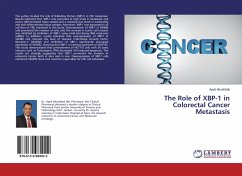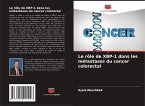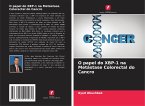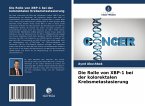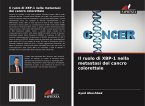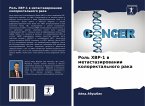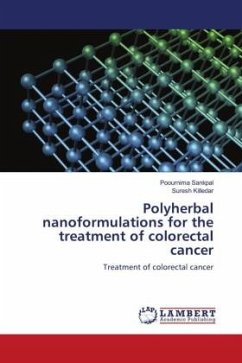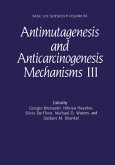The author studied the role of X-Binding Protein (XBP-1) in CRC metastasis. Results indicated that, XBP-1 was expressed at high levels in metastatic and poorly differentiated tissue sample and a relatively low levels in moderately and well differentiated tissue samples. Moreover, XBP-1 was expressed in all cell lines of CRC examined in this study. Overexpression of XBP-1 in SW480 cells promoted the invasion of cells, and this increase in tumor cell invasion was inhibited by inhibition of XBP-1 using small interfering RNA molecules (siRNA). In addition, results indicated that overexpression of XBP-1 in SW480 cells induced the level of Vascular Endothelial Growth Factor Receptor-2 (VEGFR2) and inhibition of XBP-1 significantly decreased expression of VEGFR2, showing that XBP-1 is working upstream of VEGF-R2. This study demonstrated that pretreatment of HCT116 cells with ER stress inducers such as Tunicamycin (TM) decreased 5-FU-induced-apoptosis. The results are strongly suggestingthat XBP-1 promoted the invasion of colorectal cancer both in vitro and in vivo. Overexpression of XBP-1 cells enhanced VEGFR2 levels and could be responsible for CRC cell metastasis.
Bitte wählen Sie Ihr Anliegen aus.
Rechnungen
Retourenschein anfordern
Bestellstatus
Storno

